Honors College program empowers students to become internationally published researchers
May 9, 2024
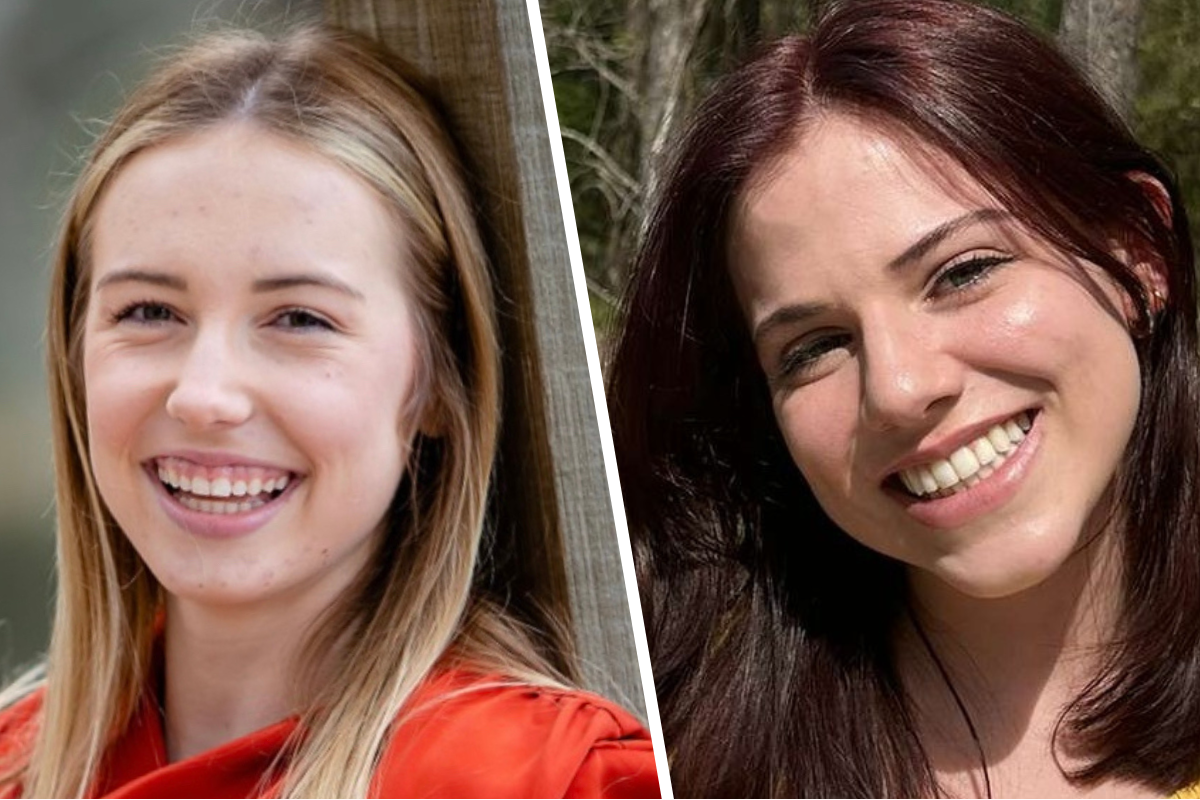
Through their studies in Columbus State University’s Honors College, Mary Lewza and Emily Crews can now add “internationally published author” to their resumes.
Lewza, an elementary education major, and Crews, a biology major, partnered with Dr. Aaron R. Gierhart, a 2023-24 Honors College faculty fellow, to research book banning’s educational, cultural and political implications.
Their research—an extension of the college’s Emerging Scholars Program—appears as a chapter in the book “Inquiries of Pedagogical Shifts and Critical Mindsets Among Educators,” published in February 2024 by IGI Global. Their contributed chapter, “Book Banning Across the Disciplines: A Critical Reflection,” explores book bans and their effects on how teachers teach subjects like teacher education, elementary education, honors education and biology.
Gierhart is also an assistant professor in the Department of Teacher Education, Leadership & Counseling. He noted that faculty-mentored research exposes students to a wide range of perspectives. This project, he said, spanned regulatory and political issues to literary and cultural considerations. Projects like this also allow students to develop qualitative research and writing methods through practical application.
“[Mary and Emily] designed the interview protocols [we used when interviewing authors for this project],” Gierhart said, “and their interviews are cited in the book chapter we published. … I thought they knocked it out of the park—it’s now published in a book that’s going out to an international audience.”
The project gave the students a rare look at—and a better appreciation for—college-level scholarly research.
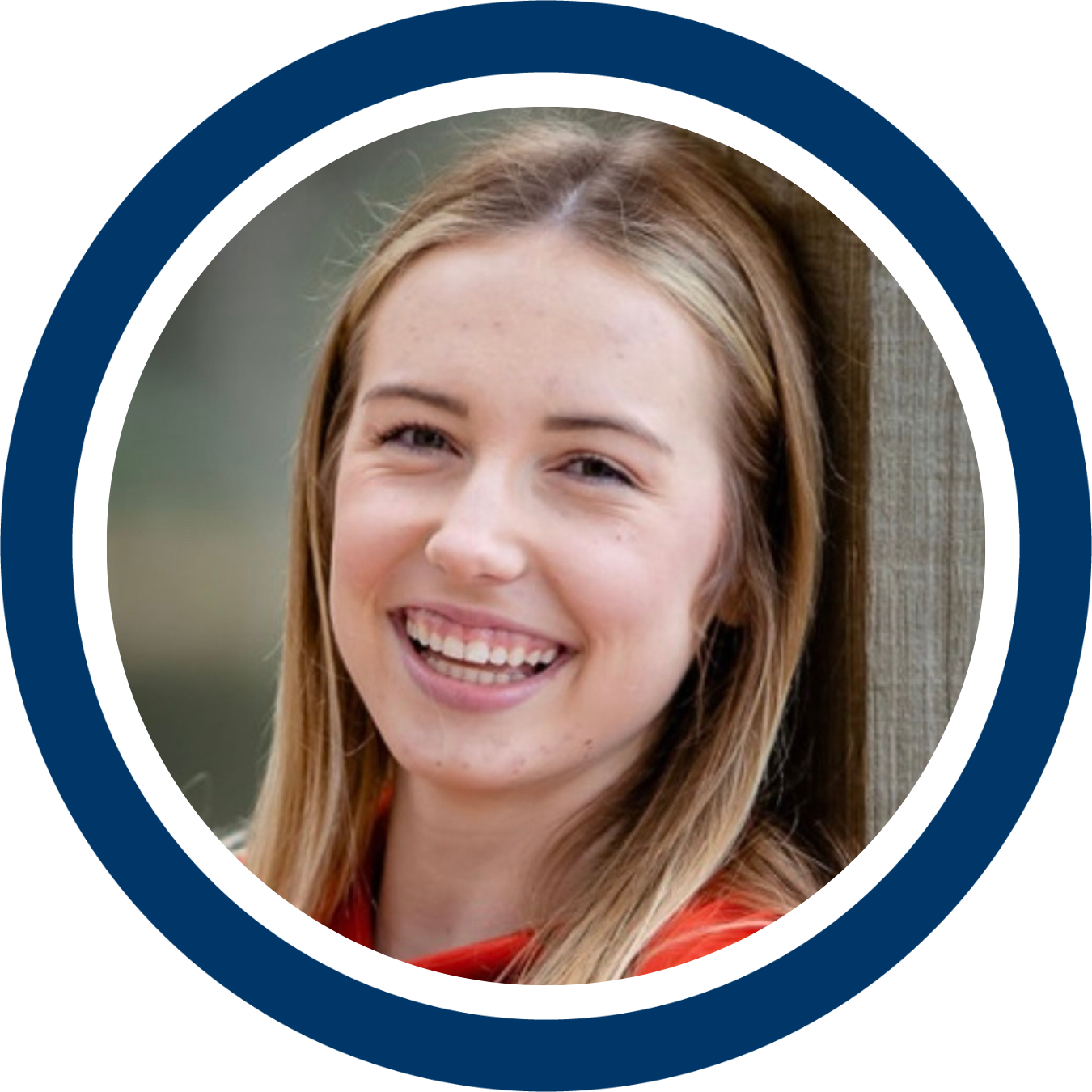 “You definitely don’t see the behind-the-scenes [of research as a student]. You read
the article, but you don’t know what actually goes into it,” said Crews (pictured),
a sophomore with aspirations of a medical career. “It’s helped a lot from the scientific
point of view too. You get to see the steps that go into [research], as well as the
writing process.”
“You definitely don’t see the behind-the-scenes [of research as a student]. You read
the article, but you don’t know what actually goes into it,” said Crews (pictured),
a sophomore with aspirations of a medical career. “It’s helped a lot from the scientific
point of view too. You get to see the steps that go into [research], as well as the
writing process.”
Lewza, a junior from St. Marys, Georgia, with lifelong plans of elementary school teaching, said this project has undergirded her study of cognitive and behavioral research—theories she will bring into her future classroom.
“Research [in the educational field] centers around how little minds are learning, how they grasp concepts,” she said, noting that her studies have included considerations of how the COVID pandemic has changed those dynamics. “They missed a lot of crucial time [during COVID].”
Crews said ethics is a foundation of her studies in the Department of Biology and its Competitive Pre-Medical Studies Program. Although different from her STEM studies, the ethical considerations examined in her book-banning research drew her further into the research opportunity.
“There is a great deal of ethics involved [in medicine], and I also saw a relationship between book banning, research, and the ethics involved in both,” the Columbus native said—citing ethical studies of Henrietta Lacks’ HeLa cells and gene manipulation in fish from her biology studies.
At the same time, the project allowed her to expand her academic horizons beyond those STEM topics.
“You don’t often find a biology major coming [at research] from an education or literary point of view—it was exciting to do something different,” Crews continued. “[My family is still a little confused] about me being in a book about education and book banning.”
AN EXTENSION OF CLASSROOM LEARNING
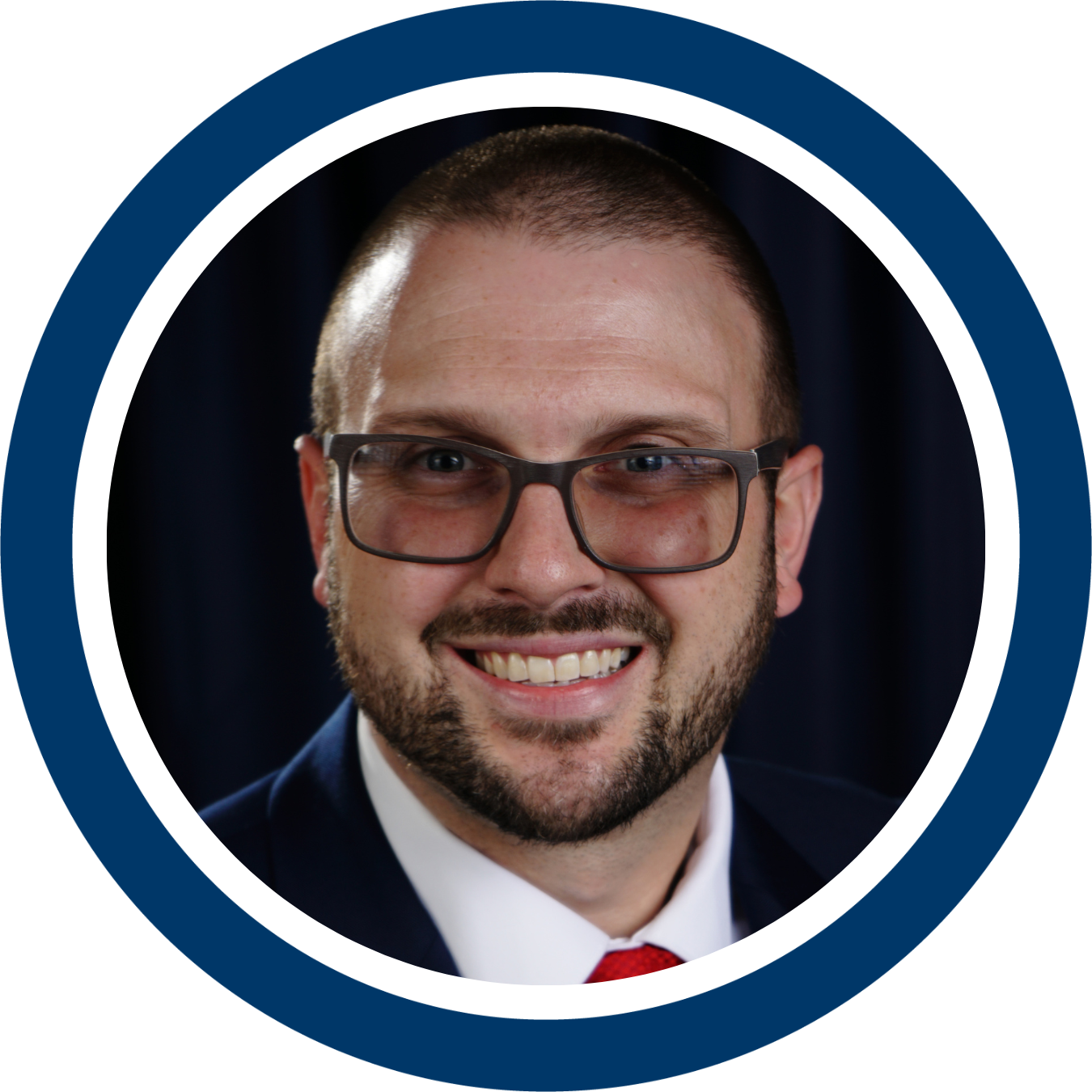 Gierhart (pictured) noted that faculty-mentored research projects like this are usually
more intensive and rigorous than classroom-based work. He also underscored that they
aren’t limited to education—research occurs in different ways and within all majors
throughout the university. Students share their efforts during the university’s annual
Tower Day and alongside faculty at discipline-specific conferences.
Gierhart (pictured) noted that faculty-mentored research projects like this are usually
more intensive and rigorous than classroom-based work. He also underscored that they
aren’t limited to education—research occurs in different ways and within all majors
throughout the university. Students share their efforts during the university’s annual
Tower Day and alongside faculty at discipline-specific conferences.
He said by seeking out mentoring opportunities, students deepen their research, interviewing and writing skills as they practically apply what they learn in the classroom.
“[In a traditional classroom setting], we’re not going out and interviewing children’s authors [like we did for this project]. We’re not writing public-facing work for an [international] audience,” Gierhart explained. “Projects like this allow students [like Mary and Emily] to take what they’ve learned in class and apply it to scholarly efforts—I look forward to seeing the work they do in years to come.”
Lewza and Crews already see how their research experience will benefit their current studies and future career plans. Those include a master’s degree for Lewza and medical school for Crews.
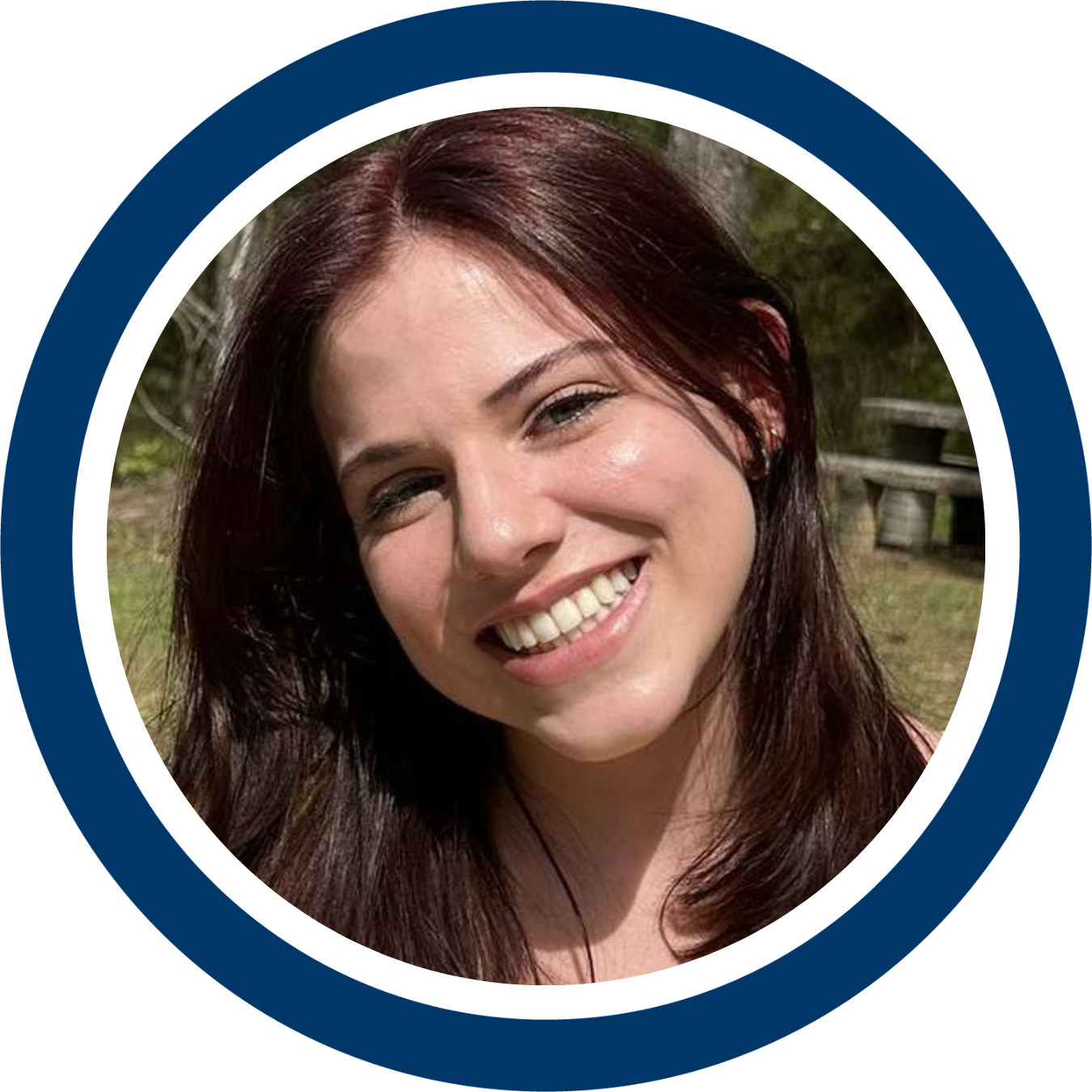 “I’m definitely better at dissecting articles now. I know what to look for when I’m
reading,” Lewza (pictured) said. “Before, when I was assigned articles to read, I
didn’t always know what I was looking at.”
“I’m definitely better at dissecting articles now. I know what to look for when I’m
reading,” Lewza (pictured) said. “Before, when I was assigned articles to read, I
didn’t always know what I was looking at.”
“[This project] has helped me improve my writing skills,” Crews added. “I liked the ‘figuring out’ part, the different steps involved—having an idea, then applying, writing and publishing it. This has challenged me to get more involved in research in my major and with [the biology faculty].”
HONORS COLLEGE AND THE EMERGING SCHOLARS PROGRAM
The Emerging Scholars Program is a hallmark of students’ experiences in Columbus State’s Honors College. Through a competitive selection process, students are paired with a faculty mentor to execute a scholarly project that benefits both the student’s area of study and the community—whether that community is based around geography or academics. Emerging Scholars often receive scholarships or support to underwrite their projects, to travel and present at conferences, or for other activities that enrich their studies.
According to Lewza, the Emerging Scholars Program is one of the many ways the Honors College helps to personalize students’ studies at Columbus State.
“CSU already has a community feel, but through the Honors College, I started meeting professors [outside my major] and learned about the college’s support programs,” she said. “I started meeting people—so it’s like I’ve built a little community for myself because I didn’t know anybody [when I came to Columbus State].”
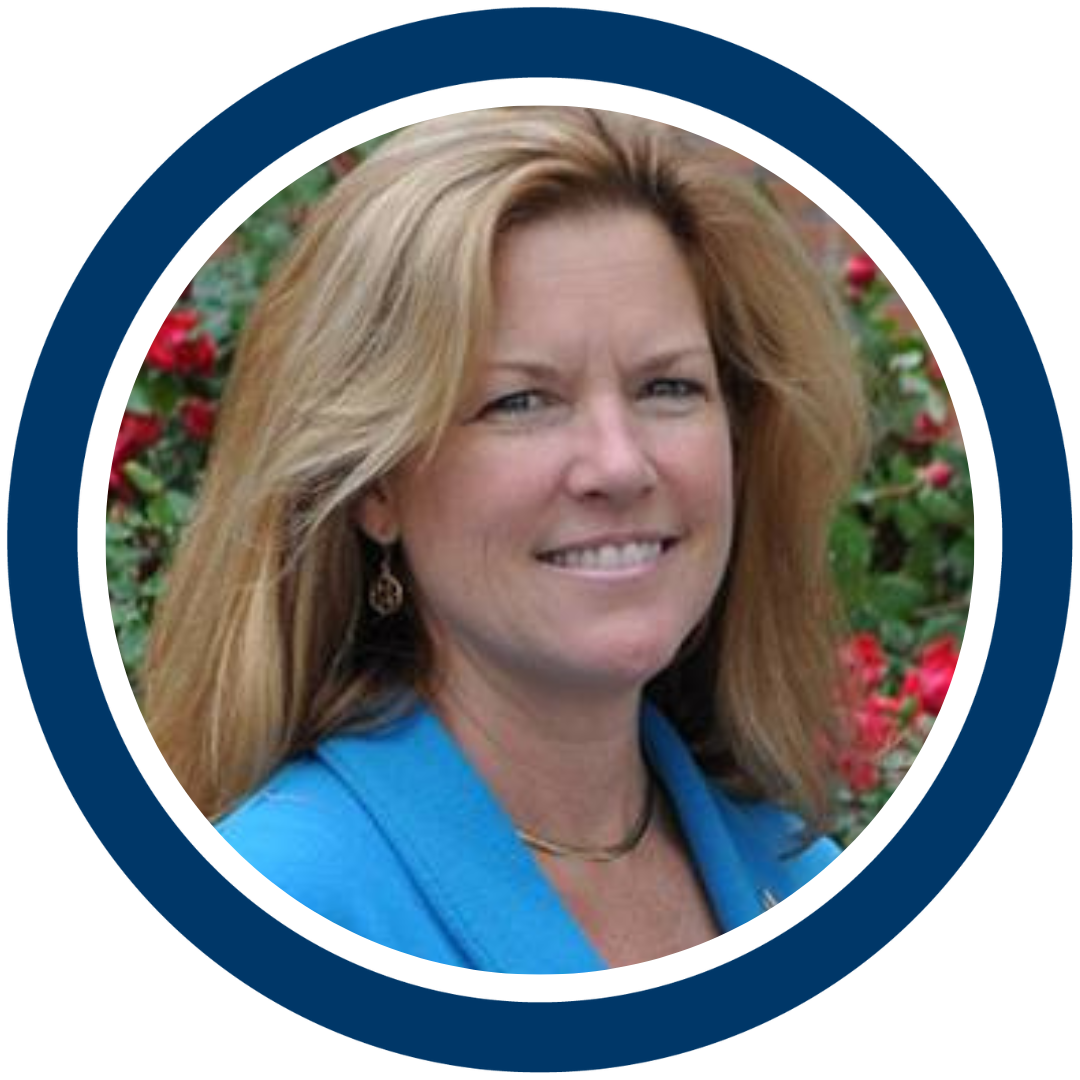 “Emily and Mary are prime examples of how the Honors College experience brings together
students from different majors, walks of life and backgrounds,” said Dr. Cindy Ticknor
(pictured), dean of the Honors College. “Our students enjoy and thrive—academically
and socially—in this environment where they learn from our faculty and each other.”
“Emily and Mary are prime examples of how the Honors College experience brings together
students from different majors, walks of life and backgrounds,” said Dr. Cindy Ticknor
(pictured), dean of the Honors College. “Our students enjoy and thrive—academically
and socially—in this environment where they learn from our faculty and each other.”
“There are many different types of students [in the Honors College]: different majors, identities and opinions—it’s very diverse with different cultures,” Crews said, agreeing with Ticknor. “You can really come together and have a good conversation out of nowhere.”
ABOUT THE HONORS COLLEGE
The Honors College offers high-achieving Columbus State undergraduates an innovative curriculum and a community within a community. It is open to students of all majors who meet its admission requirements, submit an application and participate in an admissions interview.
Admission is currently limited to about 5% of the university’s undergraduate student body. Classes are frequently capped at 15 or fewer students, meaning students benefit from an intimate learning environment while benefiting from intensive mentoring by Honors College faculty and networking with university and industry leaders.
Honors College students enjoy exclusive benefits, including renewable scholarships, stipends, study abroad scholarships, and conference travel and research grants; specialized advising and priority class registration; and special living-learning housing on the university’s RiverPark Campus.
Media contact:
Michael Tullier, APR, Executive Director of Strategic Communication + Marketing, 706.507.8729,
mtullier@columbusstate.edu